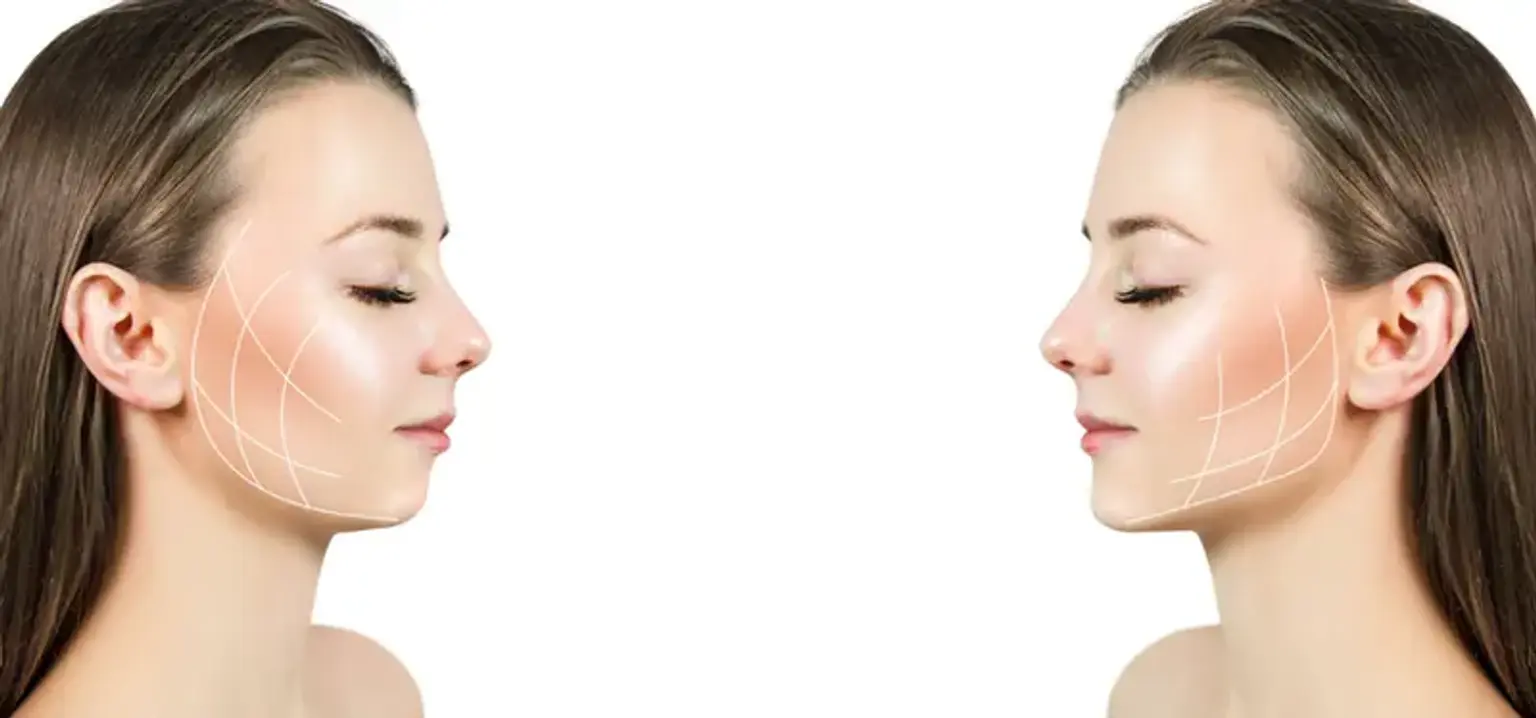Introduction
Jaw surgery, also known as orthognathic surgery, is a transformative procedure that addresses functional and aesthetic issues of the jaw. Whether it's correcting a misaligned bite, addressing facial asymmetry, or improving breathing and chewing capabilities, this surgery has gained popularity worldwide.
Patients often seek jaw surgery not only for medical reasons but also for the dramatic improvement it can bring to their facial appearance. This dual benefit has led to a surge in interest, especially in countries known for advanced cosmetic surgery techniques, such as South Korea.
Understanding the costs associated with jaw surgery is crucial, as prices vary significantly depending on the country, surgeon expertise, and medical infrastructure. This article provides a detailed comparison of jaw surgery costs across different countries, including insights into why Korea has become a leading destination for this procedure.
By exploring the costs, benefits, and considerations involved in orthognathic surgery globally, we aim to help you make an informed decision about the best option for your needs.
What is Jaw Surgery?
Orthognathic surgery, commonly referred to as jaw surgery, is a specialized procedure designed to correct irregularities in the jaw and facial structure. These issues may arise from congenital conditions, trauma, or developmental anomalies that affect functionality and aesthetics.
There are three main types of jaw surgeries:

